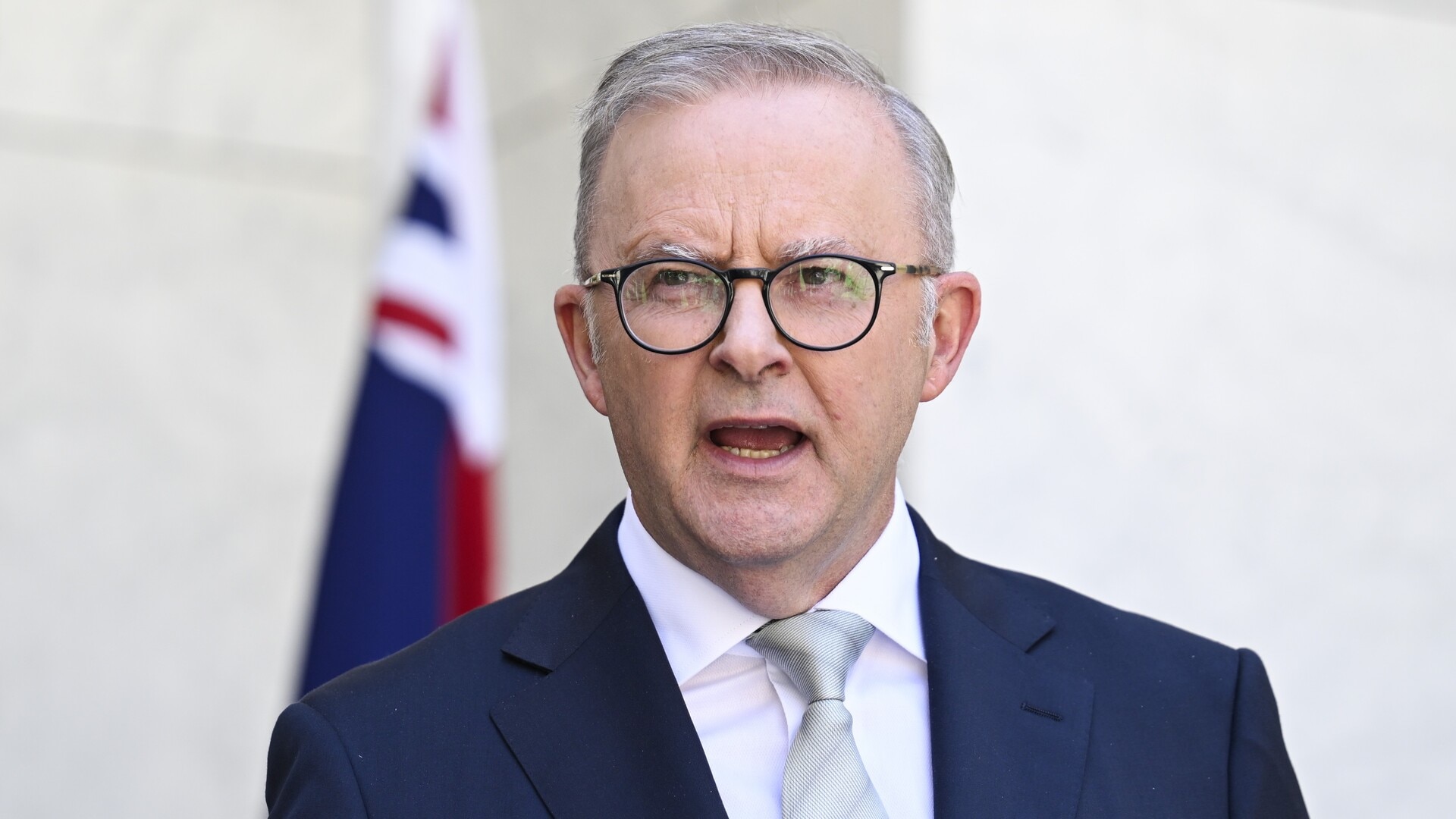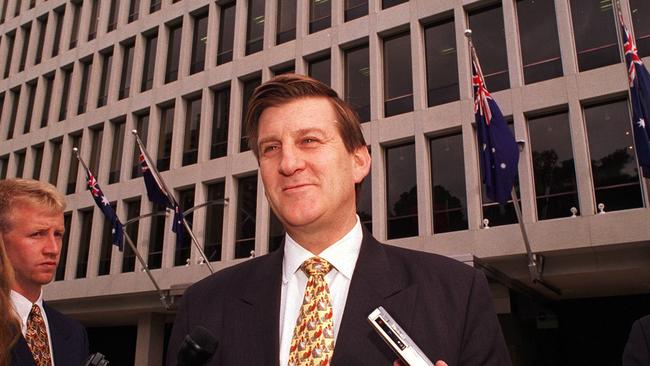Jeff Kennett calls for municipal review with some rural councils struggling
Three decades on from Victoria’s council amalgamations, Jeff Kennett says a sweeping municipal review is needed. Here’s why.

A sweeping municipal review and possible council mergers are needed to ensure rural ratepayers are getting value for money, Jeff Kennett says.
Three decades since the Kennett Government’s municipal makeover — when 211 municipalities were consolidated into 78 councils — the former premier says a fresh look at local government reform is needed from Spring Street.
Mr Kennett told The Weekly Times the regular appointment of council monitors was a band-aid solution that did not address the growing local government dysfunction.
“Just as was the case 30 years ago, it is again time for a statewide review of the performance of municipalities and that might very well lead to a further reduction in the number of municipalities,” the former premier said.
“When we reduced the number of councils from 211 to 78, there’s only been a minor change with one municipality split in half, so there’s now 79.
“Successive governments have taken a ‘set and forget’ approach to local government, which over time, has meant necessary changes haven’t even been discussed, let alone implemented.”

Under the 1994/95 reforms, more than 1600 elected councillors were sacked and replaced with commissioners, who ushered in the new council framework.
Statewide council debt in 1994 was estimated to be $774 million (more than $1.8 billion in 2025, adjusted for inflation).
In the past decade, more than 20 councils have had monitors enlisted to oversee operations, with the state-appointed watchdogs costing nearly $1300 per officer, per day.
There are six councils currently hosting municipal monitors including Horsham, Colac-Otway, Buloke as well as suburban Melbourne councils Moonee Valley, Darebin and Brimbank.
“One of my great concerns is the appointment of council monitors — it adds another layer of bureaucracy and expense. Sadly in the past 20 years, the professionalism of officers has substantially declined and this issue would be one that could be assessed by a review and necessary reforms could be implemented as a result,” Mr Kennett said.
“Councils are a gift of state government, of state legislation. They’re not there as of right and the state in recent times have not exercised its rights and responsibilities over councils on behalf of the taxpayer and ratepayers.”
Local Government Minister Nick Staikos was contacted by The Weekly Times but did not respond in time for deadline.
Victorian Farmers Federation president Brett Hosking said a review would be welcome, so long as it encompassed cost-shifting from state to local government.
He said remote municipalities had limited financial resources to draw upon while servicing local road networks multiple times the size of their urban counterparts.
“There’s a range of services that rural and regional councils are now delivering that they weren’t 20 or 30 years ago and obviously there’s a cost that comes with that,” Mr Hosking said. “Some inner city councils would make more from parking fines alone then some of the rural councils would make from their entire rates revenue in a year, so there’s a significant rural-urban imbalance.
“Federal funding of programs like Roads to Recovery and local bridge programs has declined in recent years, so that’s another financial burden to factor in.”





